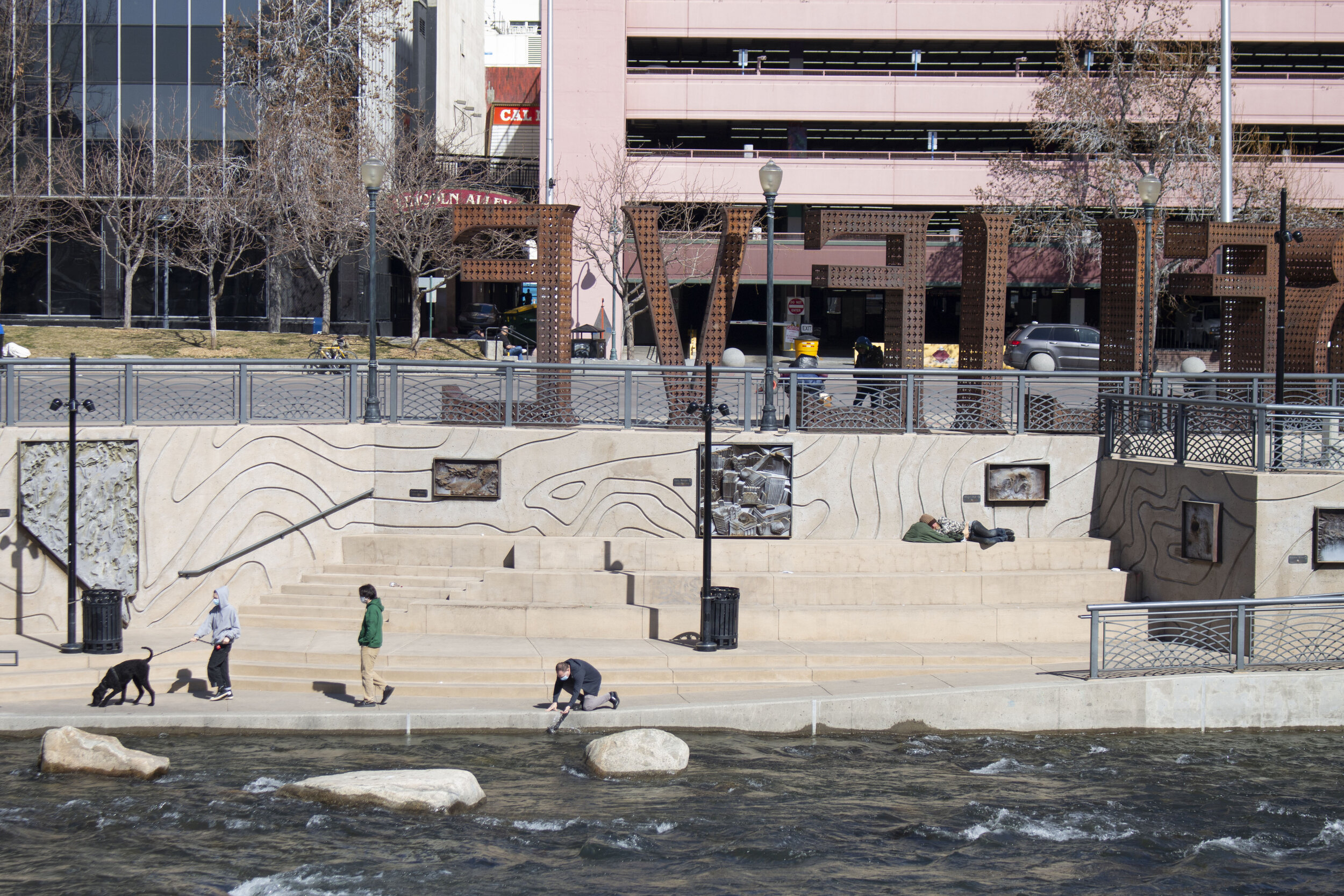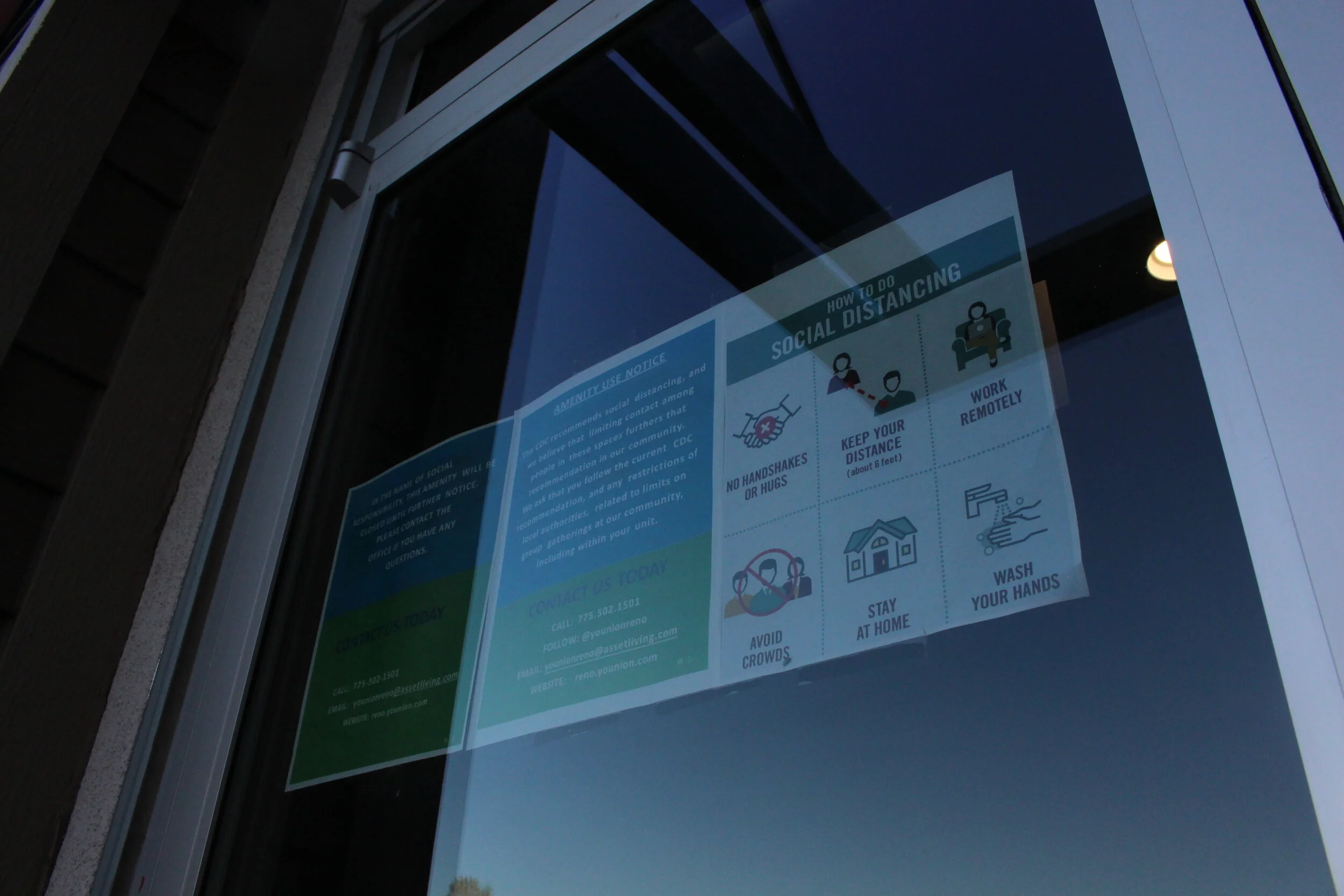To the angry white people
To the angry white people:
To say that a war is coming is to admit that you could afford to take a break—as if Black, Indigenous, & People of Color haven’t been continuing fighting the war without you.
Are you angry? Are you fearful?
You seem giddy. You seem excited.
An early congratulations for fulfilling your wish to bash in a cop’s head. Mind the BIPOC being arrested around you for simply being present while you have your fun.
-
To the angry white people with BLM in their bio,
with the Black power fist in their bio,
with ACAB and Defund the Police in their bio,
with spray paint cans in their passenger seat,
with baseball bats in their trunk,
with rocks in their pockets,
with the oddly exclusive “woke” angry white people group chat—
Do you really give a damn about us?
To the angry white men that said they would love to get arrested at a protest just once in their lifetime,
that said they would love to go to war with the Nazis they hate so much,
that said they were willing to die to protect Black and brown lives, so much so that they throw the first punch hoping to see a gun brandished in retaliation—
Do you really give a damn about us?
To the angry white women that make it a point to post one racism-is-bad post on Facebook a day,
that sob while they retell the story about the time someone wearing a MAGA hat spat at them at a protest,
that routinely cry “I cannot believe this!” when they see the latest news story about police taking another life,
that apologize for the world being such a horrible place for BIPOC,
Do you really give a damn about us?
...if I have to ask, the answer is clear.
-
You do not get a medal for seeing us.
You do not get a medal for not looking away.
You do not get a medal for stepping into our world of daily violence upon our minds, bodies, and spirits.
Our lives are not a spectacle.
Our lives are not a game for you to play.
Our lives are not a perpetual unfortunate reality in your world.
We are fighting to exist as more than a concept, a trend,
a textbook event,
a news statistic,
a lesson to be learned,
a sad story to tell.
Until you learn
to really see us,
to really respect us,
to really get know us,
to really love us—
Please step aside.
(And maybe try Call of Duty instead.)
———————————————————————————————————————————————-
It’s November First
It’s November first
Are you prepared for the worst?
Are you ready to move forward
or are you insisting we reverse
and go back to the old ways
of being jaded, of ignorance?
Go back to pretending that the
best thing for us is indifference?
Come on now, we know better
and I know we’ve all learned
that if you’re a business that
won’t say Black Lives Matter,
you’ll get burned, and
if you’re a person that says
All Lives Matter, well, you deserve
to get sat down and taught a lesson
because you still can’t discern
what it means to be fighting from
what it means to be violent.
For the last time, we are defiant—
not some property-hating tyrants.
We don’t think we’re above the law—
we just aren’t compliant with the books
because if you noticed, they’re not reliant
and the reality is, Brad and Karen,
you’re the ones being violent:
we hear you loud and clear
every time you choose to be silent.
When will you actually help us?
When will you really fight?
Is it always gonna be,
“Oh, my God! Did you hear
the news last night?”
Hashtag another one?
Hashtag they used a gun?
Hashtag more Black and brown
lives taken in broad daylight sun?
Hashtag another mother lost
another son?
Hashtag “Damn it, I thought we were done.”
Hashtag HELL no! This has all just begun!
Actually, it started centuries ago, but we get attacked for bringing up the past
even though it’s all our oppressors’ attempts to erase it over time
that make the pain and trauma last—
last this long, generation after generation.
The cycle took so much away from us that
all BIPOC are left with is our radical imagination
...and not all of us even have that.
Our ability to dream big was stolen from us too.
So pardon me if I tell people that keep killing our hope “F*** you.”
We’re not looking for allies, for white martyrs—
We need comrades and co-conspirators that
understand this fight hasn’t just now started,
that get that they’re privileged if they can afford to step away,
that know they’ll never fully understand
what it’s like to live a life on the margins every day.
To the BIPOC out there still giving it their best,
please don’t forget: another form of resistance is rest.
Let’s take good care of ourselves and of each other, especially this week
because it’s more than just COVID cases hitting another peak.
Energy is high. There’s anxiety. There’s fear.
But remember you can’t keep fighting for us if you’re not still here.
So find your peace and keep it—
the love in your heart too.
Your very existence is powerful,
so please—
Take extra good care of you.
Visual and Poems by Santi Contributed to the Our Town Reno Citizen’s Forum







































